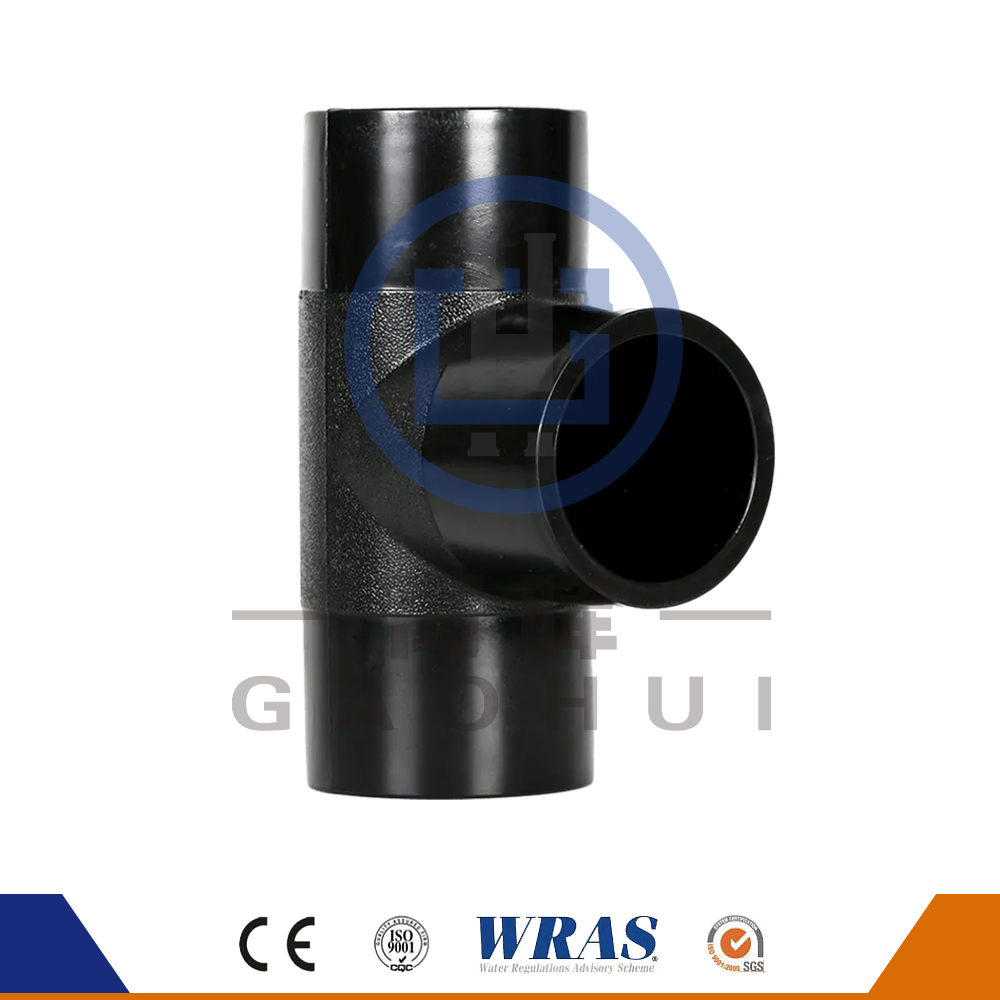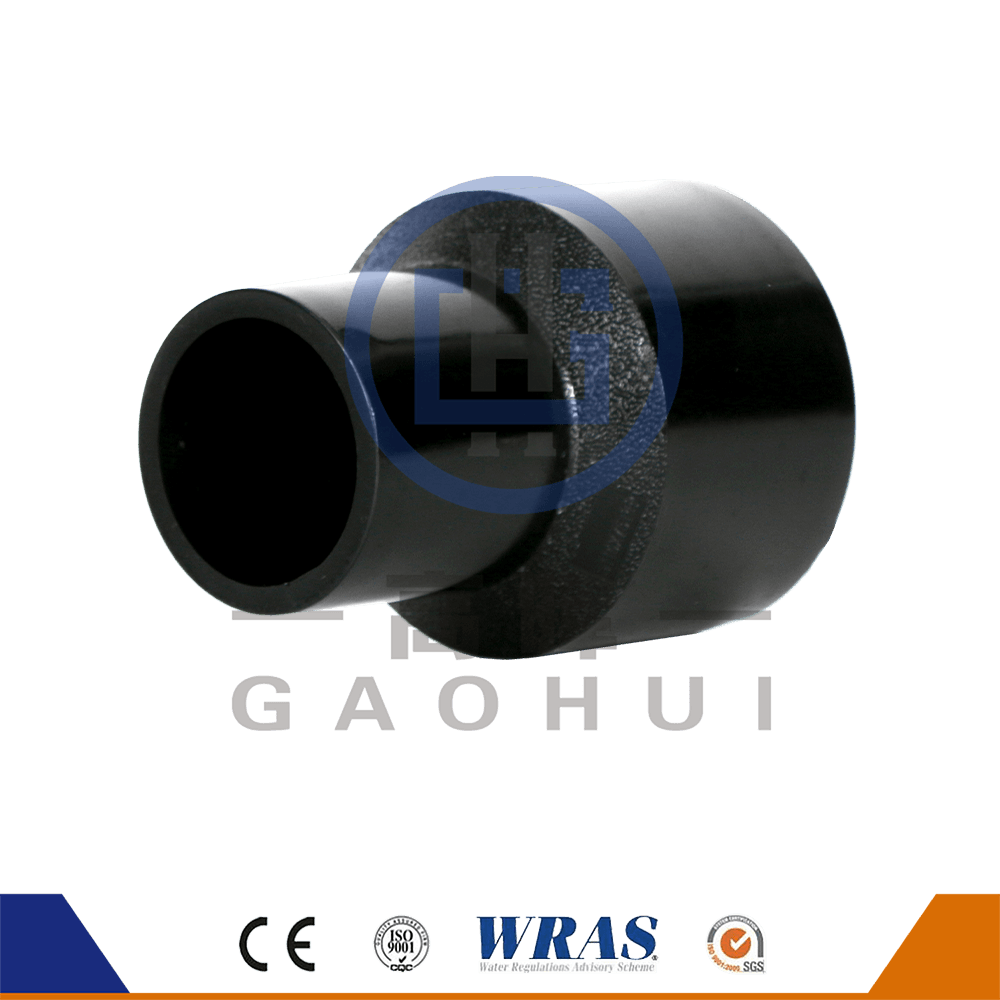Content
Chemical processing involves handling hazardous substances under high pressures and temperatures, where even a minor malfunction can lead to catastrophic results. In this high-risk environment, double head ball valves play a crucial role in ensuring both safety and reliability. These valves provide a critical advantage by offering enhanced flow control, redundant safety features, and durability that prevent equipment failures and keep operations running smoothly. In this article, we will dive deeper into how double head ball valves are enhancing safety and reliability in chemical processing plants worldwide.
How Double Head Ball Valves Enhance Safety in Chemical Processing
Precise Flow Control for Hazardous Materials
One of the most significant ways double head ball valves enhance safety is by providing precise flow control. In chemical processing, it’s crucial to regulate the flow of fluids—many of which are highly toxic, reactive, or flammable. A small mistake in flow control can lead to chemical spills, toxic leaks, or even explosions.
Double head ball valves allow for dual control of two separate fluid streams, allowing operators to manage multiple substances safely and accurately. With these valves, operators can control the flow rate of chemicals, gases, and other materials with incredible precision. This is especially important in applications such as multi-phase reactions or when combining reactive chemicals where precise regulation prevents potentially dangerous conditions.
The tight shut-off mechanism provided by the ball valve design ensures that when the valve is closed, no flow occurs, preventing any accidental discharge of hazardous substances. This makes double head ball valves a key component in keeping processing systems safe and ensuring that operations remain within the safe operating limits.
Redundancy and Fail-Safe Mechanism
The safety benefits of double head ball valves extend beyond just flow control. These valves are designed with a redundant safety mechanism, offering an extra layer of protection. Each head of the valve can be independently operated, which means that if one side fails or gets damaged, the other side can continue to function, maintaining flow control.
This redundancy is a crucial feature in chemical plants, where even a small disruption in the flow of critical fluids can result in system failures, delays, or unsafe conditions. If a valve head malfunctions due to wear, high pressure, or other factors, operators can switch to the other head without shutting down the entire system. This provides continuous operation and ensures that safety is not compromised, even in the event of an unexpected valve failure.
Leak Prevention and Tight Seals
Leaks are one of the most dangerous risks in chemical processing. Even the smallest leak of a hazardous material can lead to severe environmental damage, worker health issues, or even fires. Double head ball valves are specifically designed to prevent leaks by providing tight seals under both high pressure and aggressive chemical conditions.
These valves use high-quality materials like stainless steel, PTFE, or PFA, which resist corrosion from acids, bases, and other reactive substances. Their robust sealing technology ensures that once the valve is closed, it remains tightly sealed, keeping hazardous chemicals contained within the pipeline.
Many double head ball valves also feature anti-blowout stems for extra security. This prevents the valve stem from being pushed out under extreme pressure, a common risk that can lead to valve failures and leaks.
Pressure Relief Features for Safe Operation
In chemical processing, systems are often subjected to high pressure, and if not properly controlled, pressure surges can cause catastrophic damage. Double head ball valves often come equipped with pressure relief features, which automatically release excess pressure, protecting the system from dangerous overpressure scenarios.
The ability to vent excess pressure through one of the valve heads ensures that the system doesn’t exceed its safe pressure limits, reducing the likelihood of rupture, explosions, or other safety incidents. In chemical processes that require precise pressure control, these valves act as a fail-safe mechanism to maintain a safe operating environment.
How Double Head Ball Valves Enhance Reliability in Chemical Processing
Low Maintenance, High Durability
Reliability in chemical processing depends on the long-term performance of equipment. Unscheduled downtimes due to faulty valves or constant maintenance are costly and disrupt operations. Double head ball valves are low-maintenance and built to last, making them a reliable choice for chemical plants.
With their rugged construction and corrosion-resistant materials, double head ball valves are highly durable, even in the most harsh chemical environments. These valves require fewer replacements compared to traditional valves, which reduces maintenance costs and the risk of unexpected failures. This long lifespan makes them ideal for continuous operation, which is vital for maintaining plant reliability.
Furthermore, the simple, modular design of double head ball valves means that they are easy to repair or replace when needed, without disrupting the overall system. This results in reduced downtime and ensures that operations can continue with minimal interruptions.
Simplified Process Control
Chemical processing often involves highly complex systems with multiple steps and fluid streams. Managing these processes efficiently requires precision and easy-to-operate systems. Double head ball valves simplify process control by providing dual control over two separate fluid paths, which reduces the need for multiple valves and complex control systems.
By using a single valve to control two separate flows, operators can streamline their processes and reduce the potential for errors. This simplicity enhances the overall reliability of the entire system, as fewer components mean fewer opportunities for things to go wrong. With easy operation, operators can quickly adjust flow rates and make necessary changes without needing to deal with complex valve configurations.
This user-friendly design translates into fewer mistakes and a more efficient operation, which is essential for reliable chemical processing.
Versatility Across Applications
Double head ball valves are extremely versatile, making them reliable solutions across a wide range of chemical processing applications. These valves can handle aggressive chemicals, gases, and high-temperature fluids, making them ideal for use in pharmaceutical manufacturing, petrochemical refining, food and beverage production, and even water treatment plants.
Their ability to manage different types of fluids simultaneously means that plant operators don’t need to rely on different types of valves for each stream. This versatility makes double head ball valves a universal solution for various systems, enhancing their reliability in different processing environments.
Reduced Risk of System Failures
The reliable performance of double head ball valves significantly reduces the risk of system failures. These valves are designed to withstand high pressures, corrosive environments, and extreme temperatures, which are common in chemical processing applications. Their ability to function in such harsh conditions ensures that the system remains operational over extended periods, without the need for constant repairs or replacements.
By maintaining consistent, reliable flow control, these valves ensure that chemical reactions proceed smoothly, without disruptions that might compromise product quality or safety. This long-term reliability is a key reason why double head ball valves are increasingly used in critical chemical operations that cannot afford downtime.


 English
English русский
русский عربى
عربى











